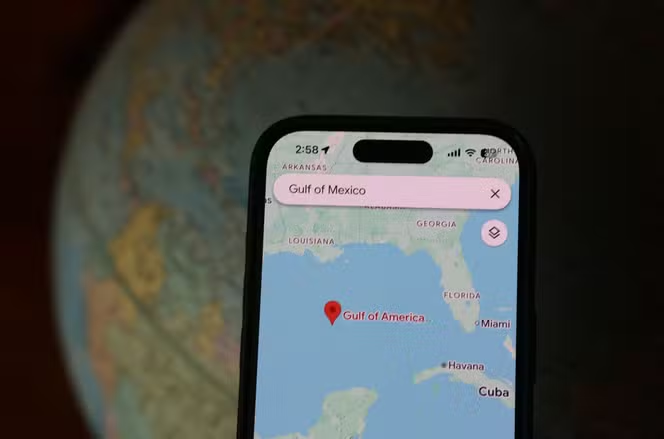Mexico has filed a lawsuit against Google for renaming the Gulf of Mexico as the “Gulf of America.” This change stems from an executive order by former US President Donald Trump. The lawsuit signals a dispute between the two countries over the body of water that borders both Mexico and the United States.
Google faces legal dispute with Mexico
Mexico has taken legal action against Google after the company labelled the Gulf of Mexico as the “Gulf of America.” This name change follows an executive order signed by Donald Trump. Claudia Sheinbaum, the President of Mexico, confirmed the lawsuit but did not provide further details during her briefing.
The Mexican government had previously sent letters to Google, asking the company to reverse the name change. However, Google has not yet responded to these requests.
Geopolitical implications
The Gulf of Mexico is shared by the United States and Mexico. Trump’s executive order, however, only applies in the US. Mexico does not have to accept the new name, as other countries and international bodies are not bound by US law.
Mexico argues that “Gulf of America” should refer only to the part of the gulf over the US continental shelf.
In February, Sheinbaum shared a letter from Google’s Cris Turner. The letter stated that Google would not change its policy on the naming, as the company aims for consistency across all regions.
Google’s policy and public response
On Google Maps, the Gulf of America appears in the United States, while Mexico still lists the Gulf of Mexico. In other regions, the map uses both names.
Turner explained that Google’s decision followed its longstanding policy of impartiality when mapping regions worldwide.
The Gulf of Mexico has carried this name for over 400 years. The Associated Press (AP) continues to use the traditional name, though it acknowledges Trump’s new title.
In February, the White House restricted the AP’s access to cover Trump’s activities, including in the Oval Office and aboard Air Force One. The AP sued, claiming the restriction violated its First Amendment rights. A federal judge ruled in the AP’s favour, ordering the White House to restore the AP’s access to presidential events.
